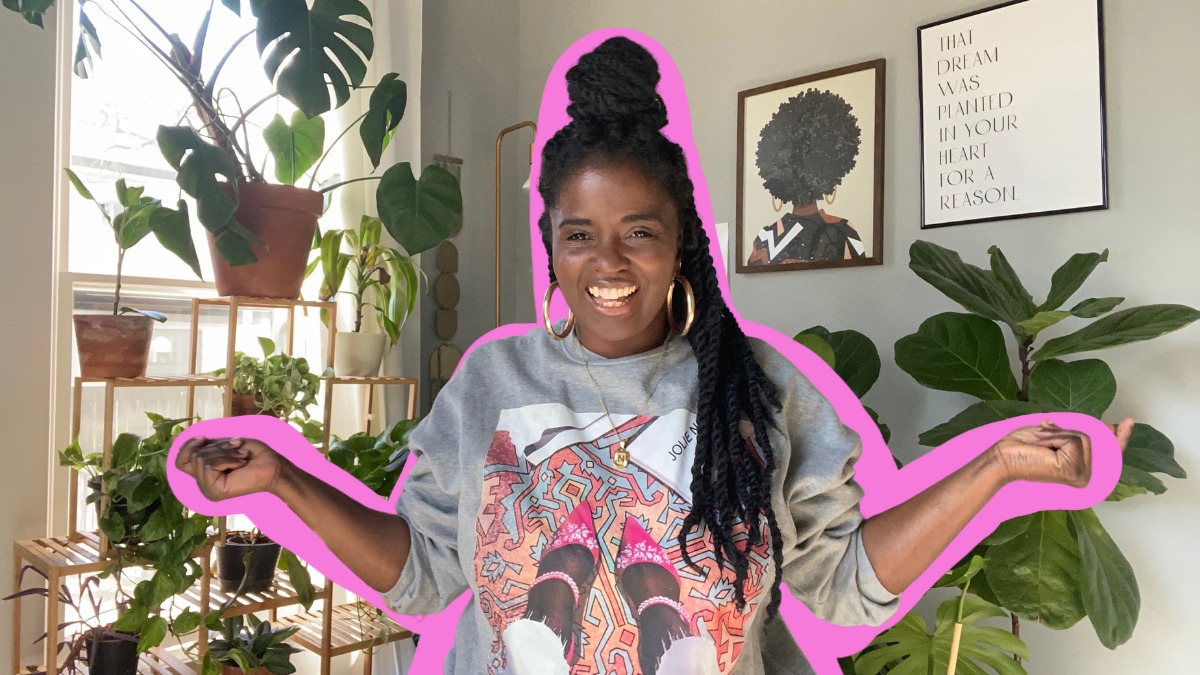Why We All Need Accountability and How to Develop It

Written by Kaila H. Johnson
Sometimes I question the topics I choose to write about. Like really, who wants to read about accountability? And those who do are probably already implementing accountability, so I’m slightly questioning my decision-making skills right now.
On the other hand, if you’ve read this far, then maybe there’s something to it, and maybe, just maybe, there’s something to say! Shall we dig in?
For starters, accountability is like vegetables: not everyone likes them, and they don’t always taste good, but they are part of living a healthy life. I probably won’t convince those averse to accountability of its importance in this simple article, but my hope is to introduce an understanding of its importance in not just our personal lives, but also in our careers.


One of my favourite mottos is “Give credit where credit is due.” Working within the world of creativity, where critiquing is more common than praise, credit is somewhat of a life vest.
If you come up with the vision and/or strategy, you should receive the credit. It helps you stay afloat while your idea is being dissected. So, I always want to give praise to individuals and their work. I never saw an issue with it, but accountability gave me some discerning insight the other week.
After raving about one of my colleagues to one of our clients about all their work in increasing recognition across different media formats, one of my superiors pulled me aside. He mentioned how impressed he was with my knowledge in helping keep the client informed and answering all their questions. As I stood there soaking in the praise, he added a “but.” He shared with me that by focusing so much on one colleague, I was not only lessening the recognition of the team, but I was putting that specific colleague at risk if an error occurred during the deliverables—whether or not it was their error. He shared the importance of “we” and how this verbalises the whole team through this simple change in words. At that moment, I was being held accountable for not just my representation of the company, but my representation of the team I most definitely care for and admire. Though credit is important to give to those who have earned it, it’s not always the best step forward. I was so thankful for his intuitiveness and willingness to share it with me.
Don’t get me wrong, I haven’t always responded with a “thank you.” I’m embarrassed to say, whether, in personal relationships or professional, there have definitely been times when I weaseled my way out of situations by creating excuses for my actions and/or words. The domino effect of this kind of avoidant response can’t always be seen by the person making the excuses, but for everyone around them, the carnage is real. By making excuses and not owning our words and actions, growth cannot take place and trust is broken. Not only are integrity and honour put on the line, but our careers and relationships, too.
According to the Cambridge Dictionary, accountability is “the fact of being responsible for what you do and able to give a satisfactory reason for it, or the degree to which this happens.” Accountability is essential for growth, which inevitably means, pride needs to take a backseat. Accountability is about integrity—what you say matters. As leaders in all aspects of life, whether professionally, corporately, personally, publicly, ethically, or administratively, our words and actions matter. Each one of us holds some form of influence and is accountable for it.
The bottom line: accountability is uncomfortable. Like I said, not the best topic to write about! But on the flip side, success does not happen within the walls of comfortability or security. And we all enjoy a little success in our lives. So, if we want to succeed and grow, we need to get a little uncomfortable.
So, how do we develop accountability? Simply put, it doesn’t just happen—it starts with you! It starts by surrounding yourself with the right people.
Mentorship/Support Group
This is the very basic, but essential form of accountability. Mentorship isn’t just about empowerment and equipping—it’s about perspective. Having someone you look up to speak into your personal and professional life draws you out of your comfort zone, teaching you new ways to develop and flourish. The same goes for support groups. It’s hard overcoming addiction and/or bad habits on our own. Surrounding ourselves with people who can cheer us on or lift us up when we feel like we’re about to falter is powerful!
For more on this, have a listen to Iridescent’s podcast Mentorship, Healthy Expectations and Avoiding Burnout with Kelsey Chapman.
Advisory Board
Whether you are starting your own business or have been in the industry for decades, an advisory board is essential to growth. Contrary to popular belief, it’s very important to avoid conflicts of interest when developing your advisory board, like family members and/or those you are romantically involved with. This is so that situations can be appropriately advised on and the personal benefits of actions or decisions made are not on the table.
Read more about the importance of advisory boards in this article from Forbes.
Ethical Policy
Two very big words that are more humane than you think! Once you dwindle ethical policies down, it’s about respect and humanity. It’s about holding people accountable for doing the right thing and caring for all forms of human life. Maybe honesty is your standard of excellence. Or integrity? Or respect? No matter what industry you are working in and no matter where you find yourself in life, setting clear ethics is important.
Glassdoor shares some more insights into personal ethics and why they’re important in an article here.
Clear Boundaries
Oh, the tale of crossing a line without knowing you’ve crossed a line. I cannot express this enough… you cannot have accountability without boundaries. Every point above feeds into this simple step. Translate boundaries into professional lingo, and you have processes. Without clear processes, accountability cannot be implemented. Boundaries/processes not only initiate an evaluation of your values and beliefs, but also an assessment of your needs and wants. Without processes, employees run free with their own agenda and/or walk on eggshells, unsure of what unspoken rules they may or may not break.
Boundaries and/or processes are the foundation—the starting point—that acts as a springboard for us. When they are crossed, we have something to point back to as the standard of excellence and safety, and a place we can build upon and improve.
Read more about leadership boundaries at work in this Forbes interview with the clinical psychologist Dr. Henry Cloud.
Well, you’ve made it this far in reading the article, and I absolutely applaud you! We are just one paragraph away from being done, so let’s get to it.
Remember the saying “it takes a village to raise a child”? Well, friends, it takes a village to flourish as a human being. Accountability isn’t about cruelty, but rather about being the best version of ourselves and helping others do the same. We must be willing to build a village around us that helps us thrive—encourages, empowers, equips, critiques, and enables. Accountability is about true community, and it starts with you!
Related Resources
Are You Suffering from Toxic Productivity?
You have worked non-stop around the clock since early Monday morning. It’s been a jam-packed week of go, go, go, and it’s finally your day off from work. You’re ready to relax. So, you start the day by running, then clean your entire home. You might also do two loads...
5 Things I Wish I Knew as a Young Professional
I recently celebrated a birthday that launched me from my early thirties into my mid-thirties. Already I feel more settled in myself and more confident in my choices. Since then, I’ve started to think more about where I want to grow in my career, and it got me...
Three Lies You Can Leave Behind This Summer
What if you could slide into fall feeling freer, lighter, and nimbler this year? What if this year you got to be the one who defined what success looks like for you? It’s possible. But in order to bring the free vibes of summer into the next season, you’ll need to...
